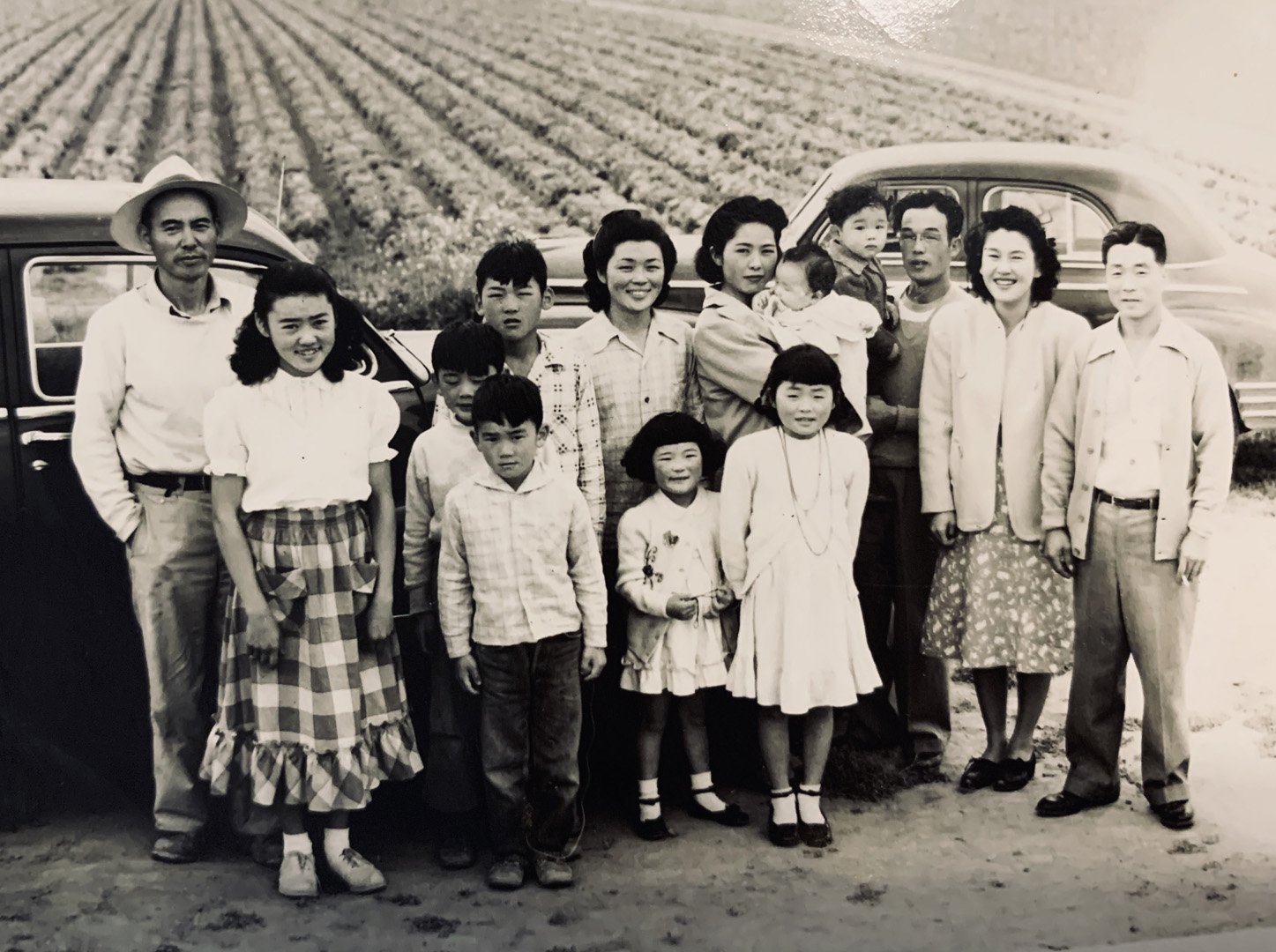
Preserving Stories from the WWII Japanese American Incarceration to Inspire Empathy for Future Generations.
Featured Stories
Why We Preserve History
The WWII incarceration of Japanese Americans remains relevant and important to understand and teach widely.
Watch Snapshots of Confinement
During World War II, the US government initially imposed policies that limited the use of cameras by Japanese Americans in the confinement sites, while simultaneously utilizing photography for propaganda. Despite the ban, Japanese American families found ways to document their lives.
Watch the TEDx Talk
Discover a powerful story of resilience and family legacy as Diana Tsuchida delves into her grandfather’s courageous resistance during the WWII Japanese American incarceration.
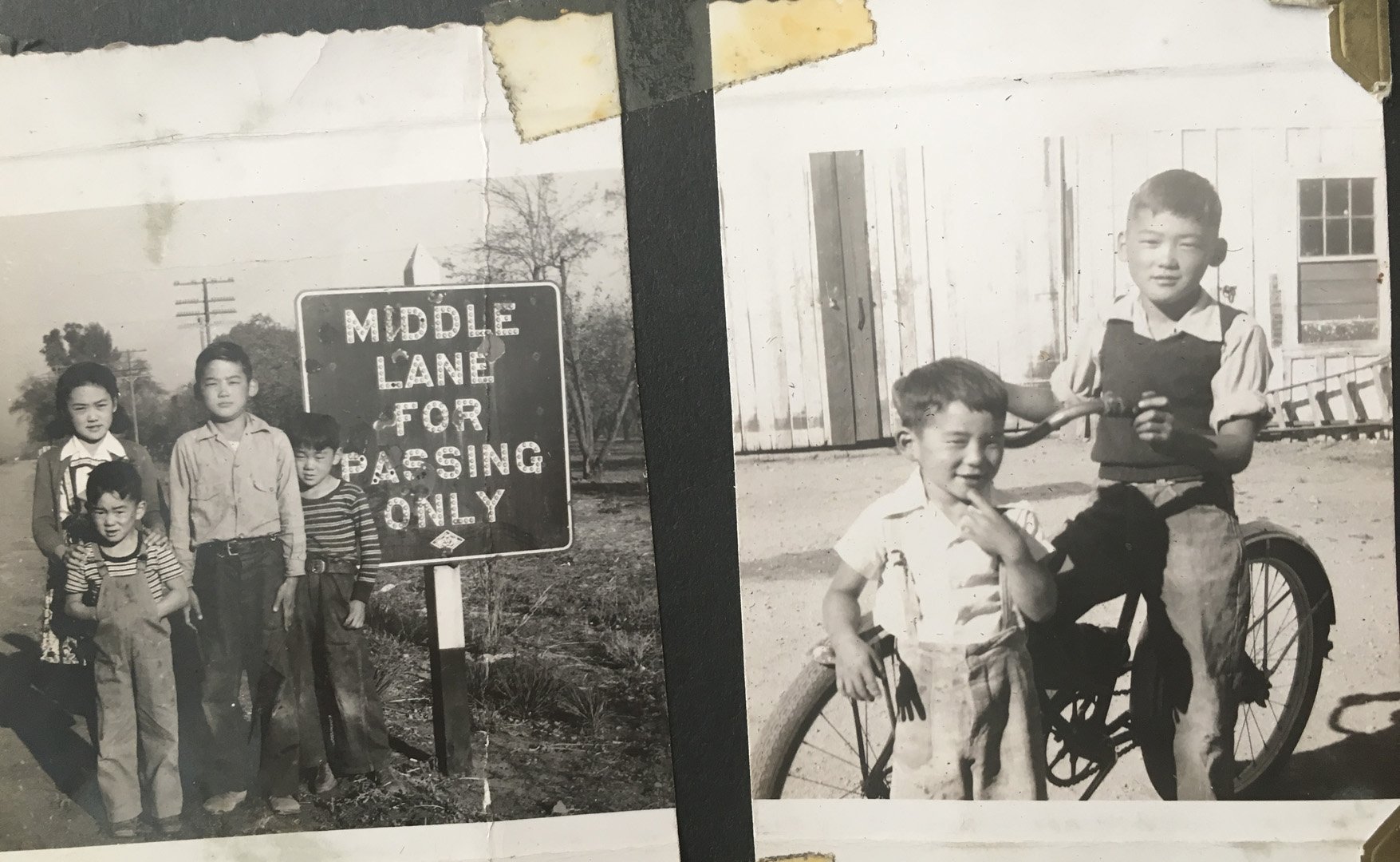
Support Tessaku Through Our Shop
Shop Tessaku journals and apparel to honor the experiences of our families.
Help Us Preserve These Stories
Your support keeps these stories alive. Help preserve the memories of our community.

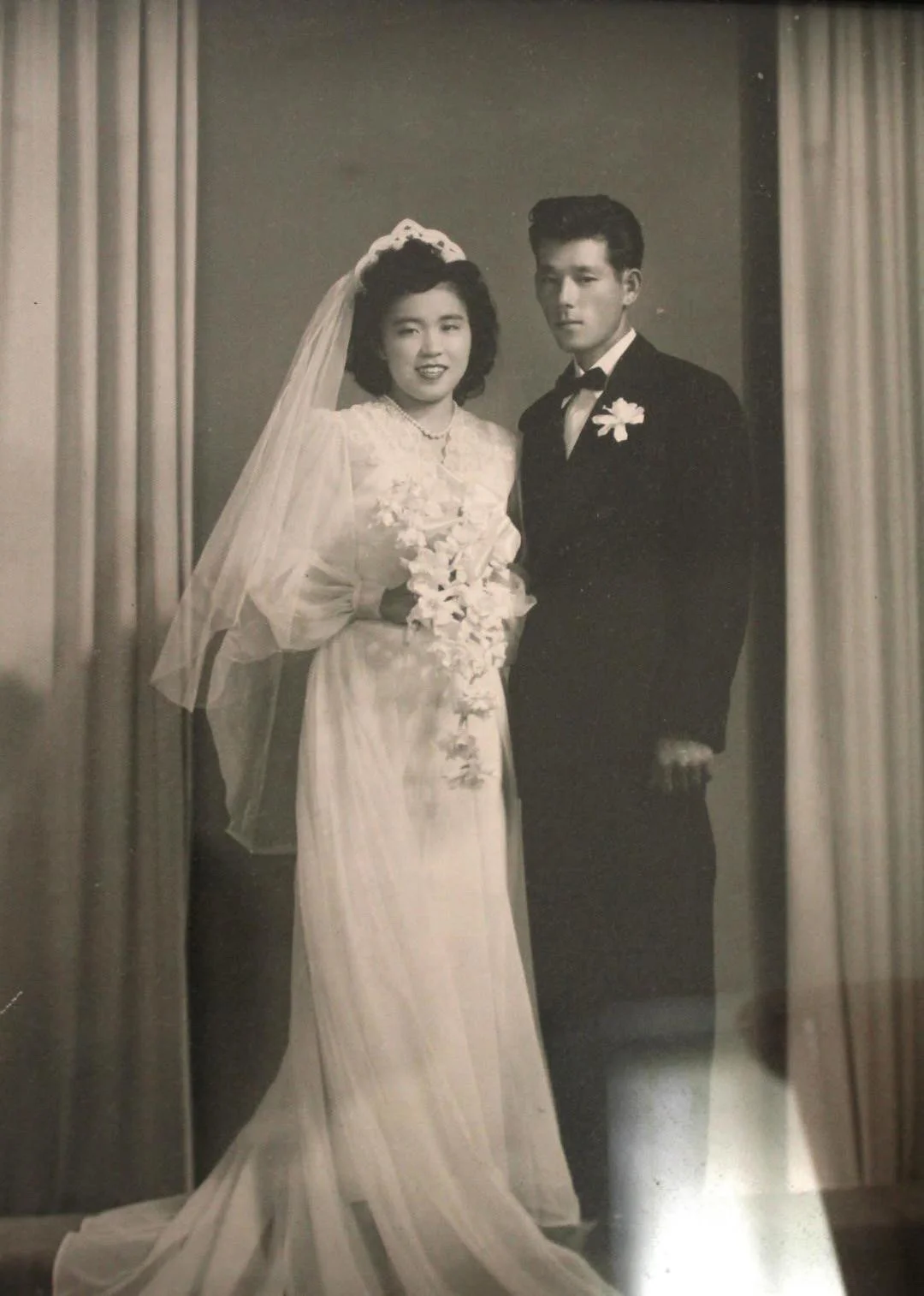





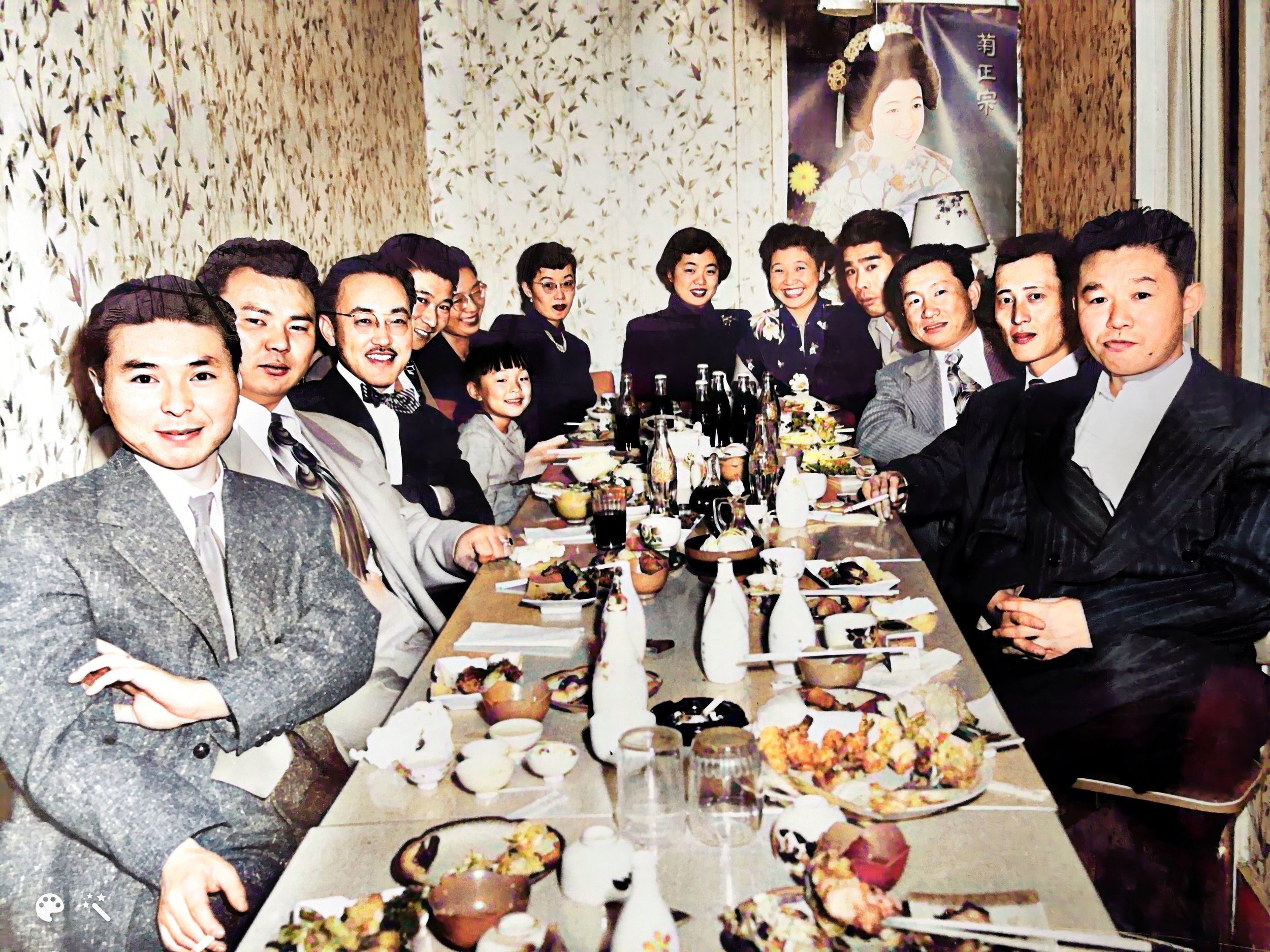

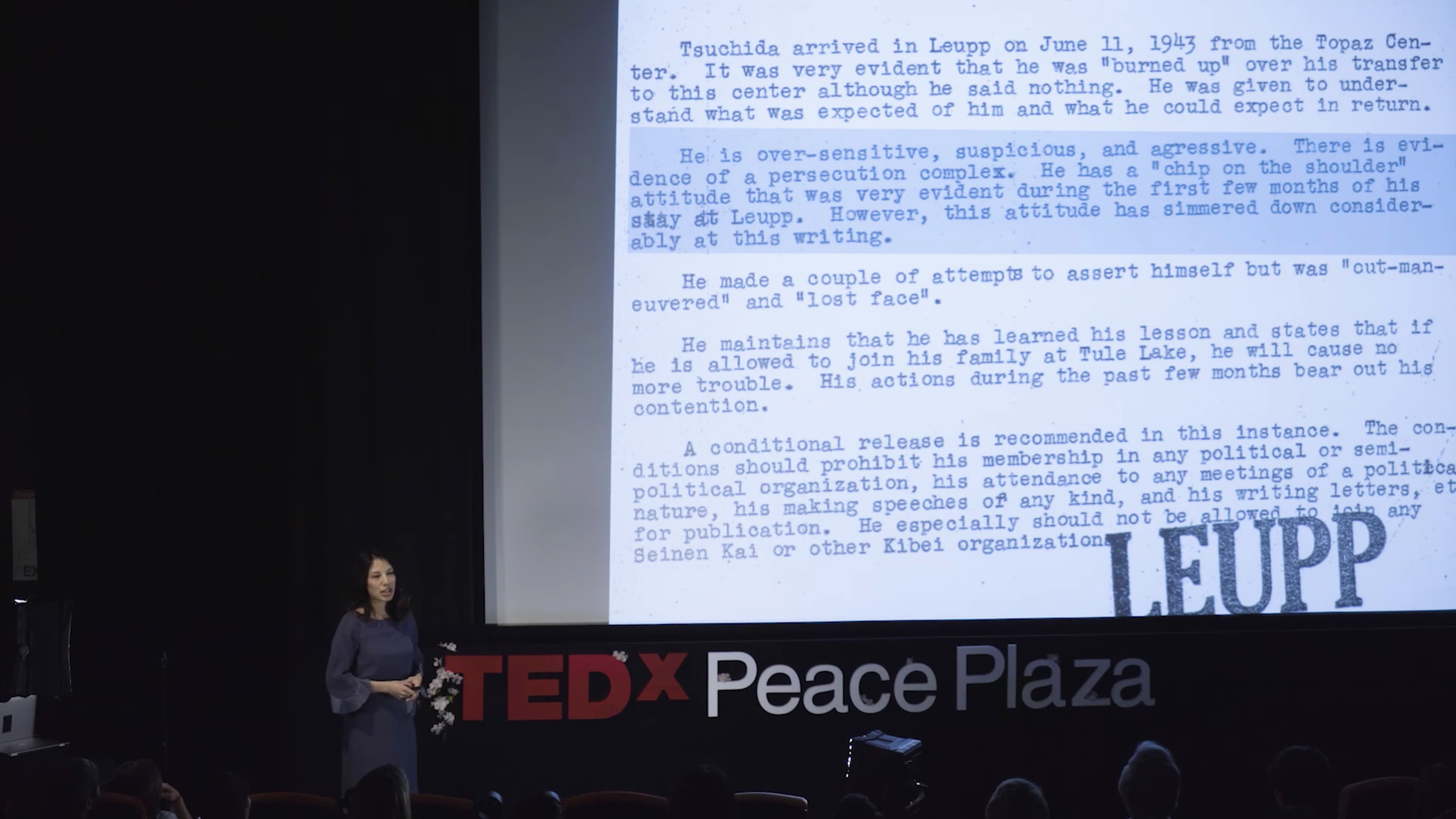


“You know, before we left, we were like little kids. When you go into camp, you got to grow up. You're aware of other things besides yourself. And you're nobody.”